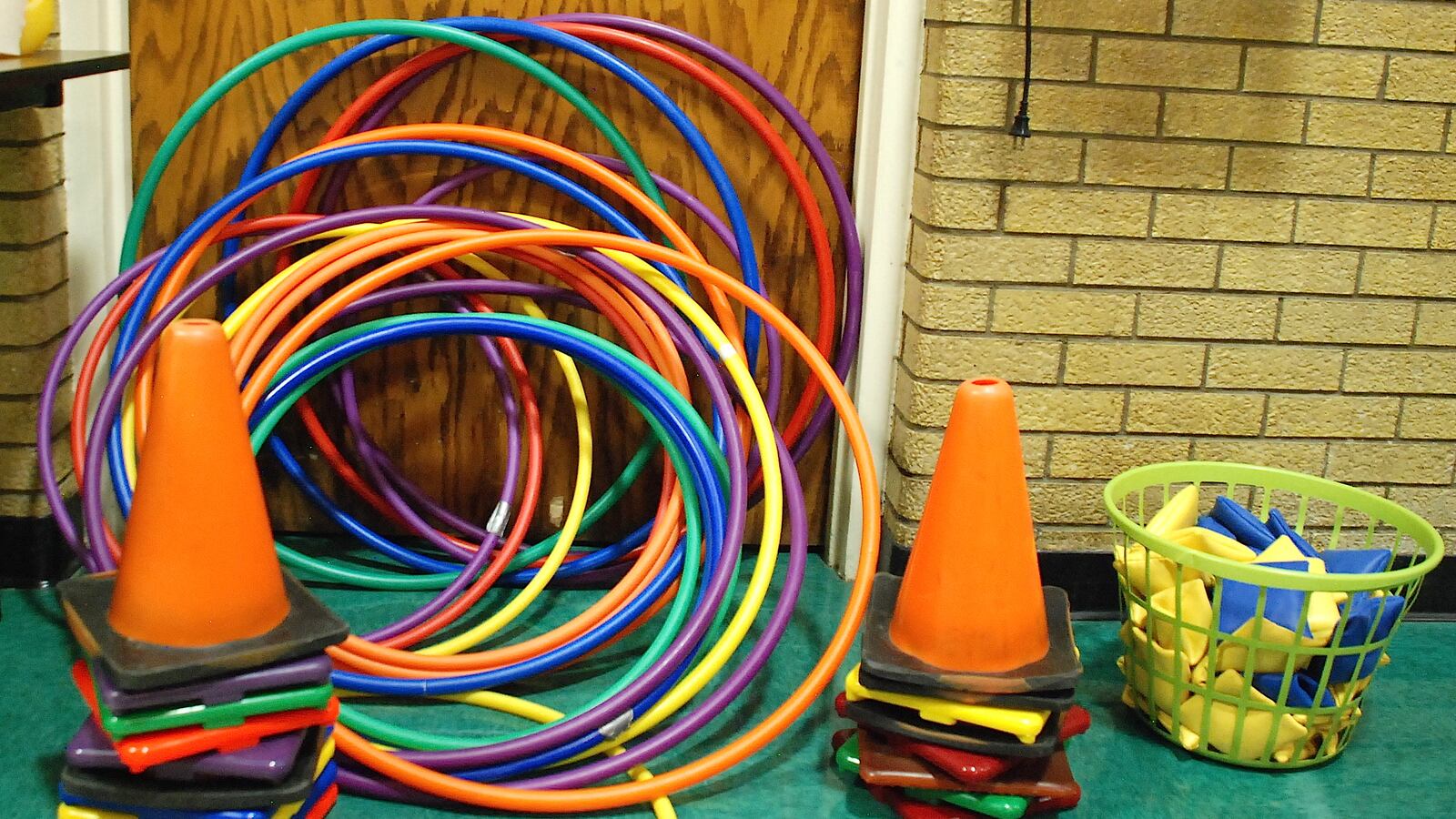Denver Public Schools is backing away from a proposal to eliminate a requirement that high school students take one year of physical education after fielding criticism from P.E. teachers, community groups and physical education advocates.
The proposal to cut mandatory P.E. was part of a larger package of high school graduation requirement changes that also included eliminating one year of arts-related or career and technical education classes.
On Wednesday afternoon, the district changed its recommendation. The new recommendation keeps the requirements that students take one year of P.E. and one year of art, and calls for them to take eight additional year-long elective classes.
The school board is set to vote Thursday on the changes, which would take effect for freshmen entering in 2017-18. Both the original proposal that eliminates the P.E. and art requirements and the revised proposal that keeps them are on the board’s agenda.
But DPS spokeswoman Nancy Mitchell said, “What we expect is that the board will vote on the revised recommendation. Based on what we heard from the board, we wanted to give them this option to consider.”
The original recommendation eliminating P.E. and art requirements was part of a set of graduation requirement changes meant to give students more flexibility and allow them to pursue their interests.
School districts across Colorado are reexamining their graduation requirements as a result of the state adopting its first uniform set of expectations for earning a high school diploma.
That shift, which grew out of a sweeping 2008 education reform law called the Colorado Achievement Plan for Kids, or CAP4K, deemphasizes racking up course credits and puts a premium on requiring students to prove their competency. Districts still have considerable leeway in determining the specifics of their graduation requirements.
Opponents of the P.E. change, many of whom called or emailed board members in recent days, worried it would reduce high school participation in P.E. classes and limit opportunities to instill healthy habits during the teenage years. They also argued that the proposal flew in the face of the district’s emphasis on “whole child” education and its 2012 voter-approved mill levy, which provides money for physical education.
“It’s ridiculous,” said Deb Swan, a P.E. teacher at Denver’s South High School. “They just talk out of both sides of their mouth.”
When the topic came up at a Monday school board work session, board members expressed mixed opinions.
Some argued that the push to keep P.E. as a requirement represented one narrow interest and wouldn’t necessarily achieve the goal of sparking student engagement in physical activity.
Board member Mike Johnson said the new graduation rules were meant to find a balance between what is required and what is encouraged.
“If we were to have graduation requirements for everything everybody wanted, the school day would be 12 hours long,” he said.
Board member Lisa Flores said she’d reconsidered her stance on the change.
“I’m not ready to decrease that requirement,” she said.
Board member Happy Haynes, who heads the city’s parks and recreation department, expressed hesitation about the P.E. change but said she was willing to bow to the majority because she agreed with the overall package.
DPS Acting Superintendent Susana Cordova said at Monday’s study session that eliminating the P.E. requirement wouldn’t change the district’s use of mill levy money earmarked for P.E.
One group that took a strong stand against the proposed change is a statewide coalition of foundations, hospitals and advocacy groups called “P.E. for All Colorado.” The group also spoke out about the elimination of the district’s physical education director last year.
(Chalkbeat receives financial support from the Colorado Health Foundation, which is one of the coalition members.)
Courtney Flores, health justice organizer for coalition member Padres & Jovenes Unidos, said the P.E. change would be detrimental for youth in southwest Denver, many of whom are low-income students of color.
“Those students and their families are facing really high rates of obesity, diabetes, hypertension,” she said. “One important part of fighting those epidemics is…structured physical education.”
Physical activity can also help kids focus better and keep disruptive behavior in check during academic classes, she said.
Among six large metro Denver districts, Aurora is currently the only one with no physical education minimum in its graduation requirements, according to a review of graduation requirements compiled by DPS.
Jefferson County Public Schools requires a semester of high school physical education, Douglas County requires a year, Cherry Creek requires a year and a half and Adams 12 requires two years. (Both Douglas County and Cherry Creek allow a semester of health to count toward the P.E. requirement.)
Colorado is one of only a handful of states that have no state-level requirements for physical education in elementary, middle or high school.
Aurora’s school board eliminated the high school P.E. mandate along with a semester-long health class requirement about five years ago, said Kenny Webb, the district’s instructional coordinator for art, music, dance, P.E. and drama.
After the change, P.E. participation dropped slightly among boys and 75 percent among girls. In addition, most district high schools lost an average of three P.E. teachers.
Webb said there were also repercussions when it came to applying for certain health grants.
“We miss out on a lot of grants because we don’t have a requirement,” Webb said. “That’s usually one of the first questions they ask.”
Chalkbeat reporter Melanie Asmar contributed reporting for this story.

